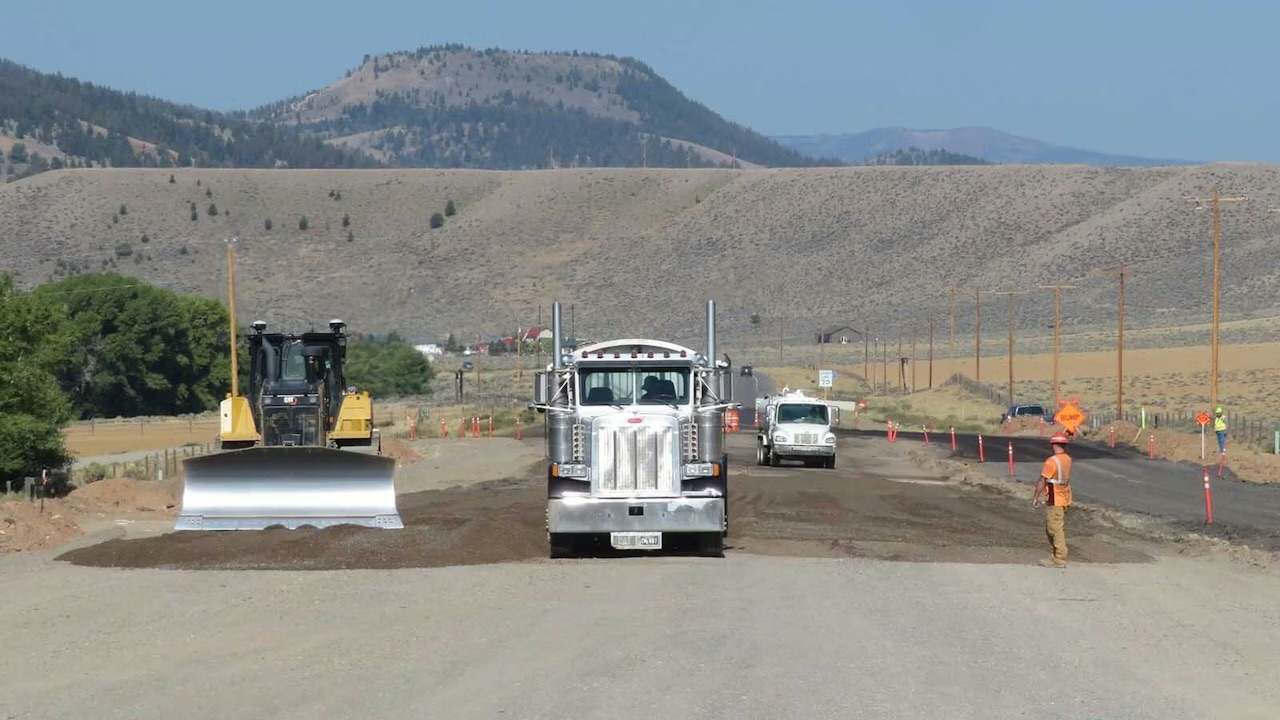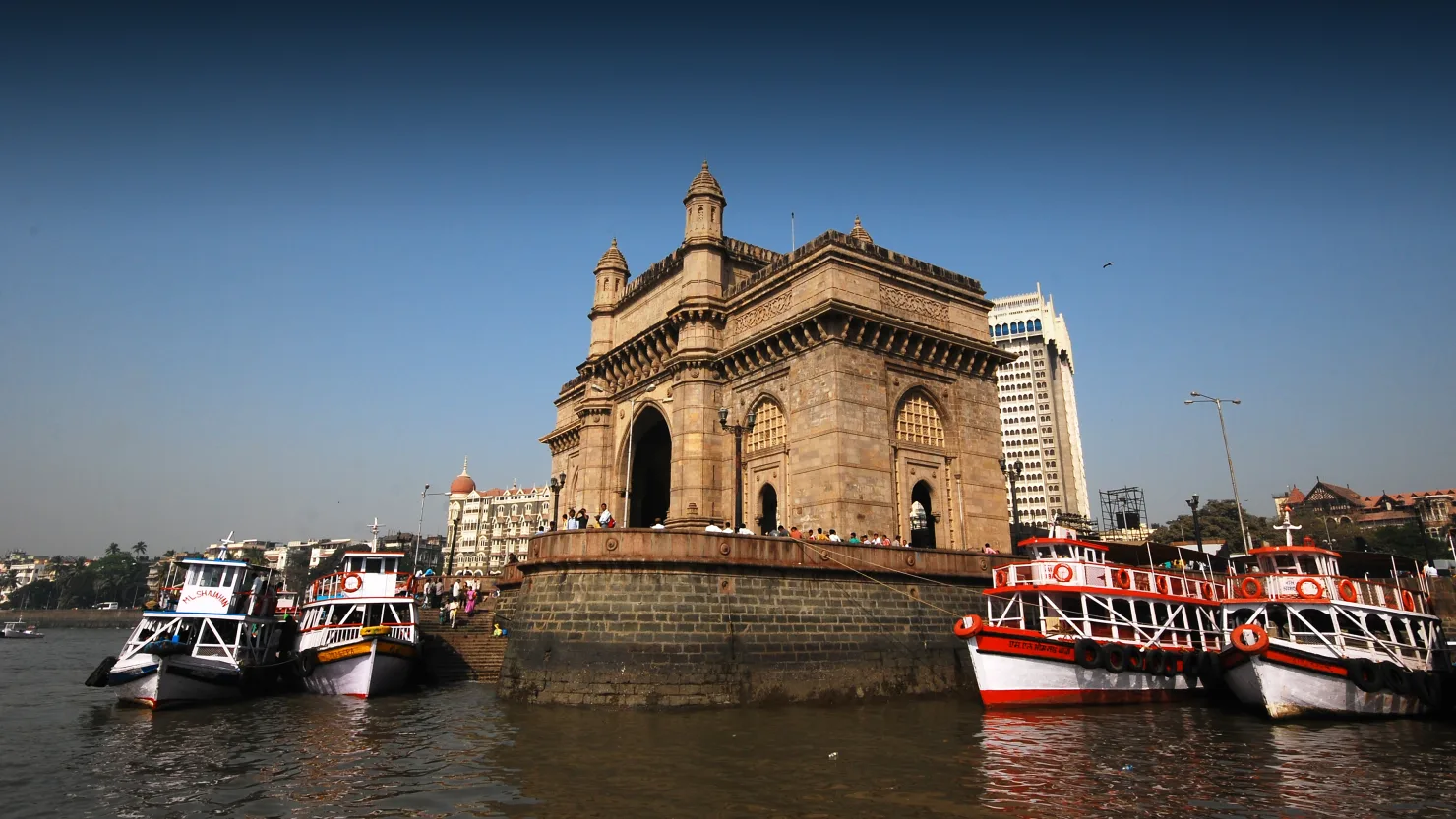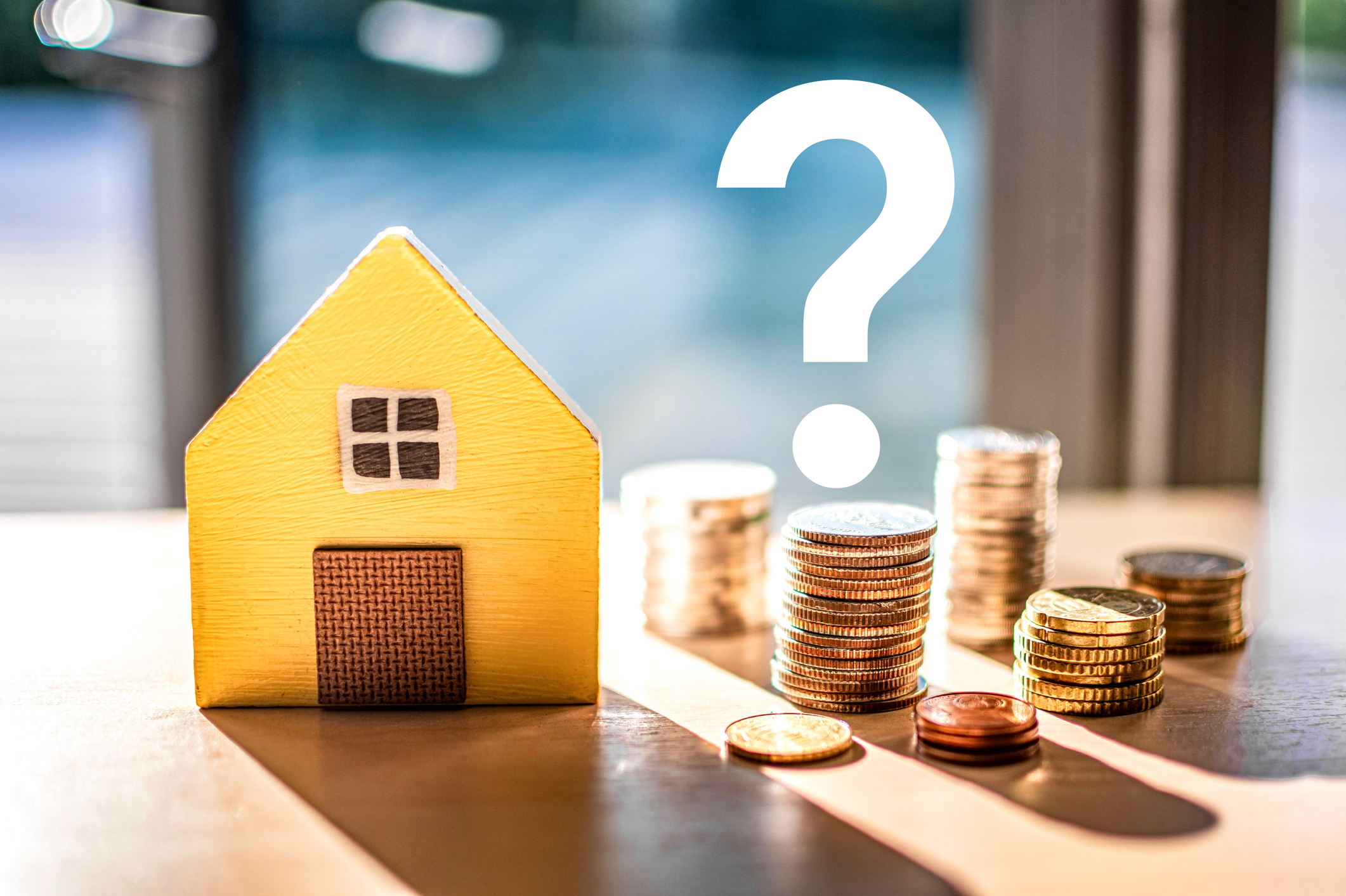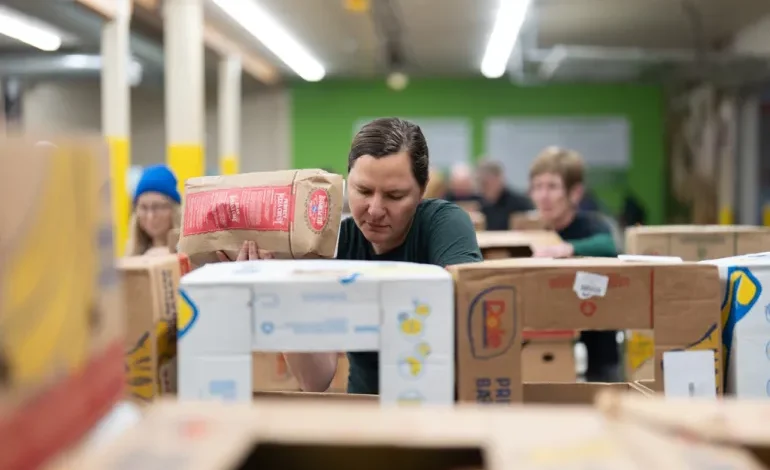Millions of Americans who rely on federal nutrition assistance could lose access to food benefits starting Saturday, as the ongoing government shutdown triggers an unprecedented freeze on the Supplemental Nutrition Assistance Program (SNAP).
New York Governor Kathy Hochul declared a state of emergency on Thursday, joining several other states scrambling to cover the funding gap.
“I’m declaring a State of Emergency to use every tool we have to help the three million New Yorkers losing food assistance because of the GOP shutdown,” Hochul wrote on social media.
Rhode Island, Virginia, and New Mexico have also issued emergency declarations in recent days to keep families fed.
While federal services often slow or stop during shutdowns, the Trump administration’s move to suspend SNAP entirely marks a first. The White House said funds will cease on November 1, arguing the Department of Agriculture (USDA) cannot access contingency reserves during the shutdown.
“Bottom line, the well has run dry,” the USDA said in an October 26 statement. “At this time, there will be no benefits issued November 01. We are approaching an inflection point for Senate Democrats.”
Roughly 42 million people, about one in eight Americans, depend on SNAP, which costs around $8 billion a month to operate. Democrats have accused the Trump administration of using food aid as political leverage, blaming the freeze on a broader standoff over healthcare spending and budget negotiations.
Twenty-five Democrat-led states filed a lawsuit to keep the programme funded. At a hearing Thursday in Massachusetts, US District Judge Indira Talwani said she would issue a decision soon and urged the government to find “an equitable way of reducing benefits” rather than ending them outright.
State and local officials are rushing to mobilise emergency food aid, while charities brace for a surge in demand. “This would be catastrophic for families and individuals who rely on SNAP to put food on the table,” the US Conference of Catholic Bishops warned, calling the cuts “a burden placed most heavily on the poor and vulnerable.”










The latest news in your social feeds
Subscribe to our social media platforms to stay tuned